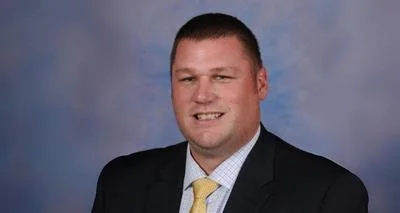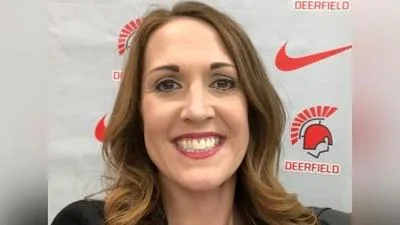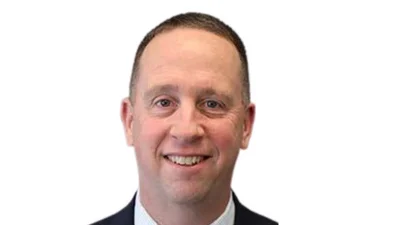Chris Kasperski is a Republican Illinois state senate candidate. | Photo/Facebook Chris Kasperski
Chris Kasperski is a Republican Illinois state senate candidate. | Photo/Facebook Chris Kasperski
Chris Kasperski reasons it’s time lawmakers in Springfield got serious about doing the job they were sent there to perform.
“No one likes campaigning on making cuts to programs that people have known and loved,” Kasperski, now challenging state Sen. Melinda Bush (D-Grayslake) in the November election, told the Lake County Gazette.
Kasperski's comments come as he is campaigning as a Republican to unseat state Sen. Melinda Bush (D-Grayslake) in the November general election.
“Unfortunately, these are desperate times, and thus it must call for desperate measures," he said. "The General Assembly's decision to increase spending during this time is the absolute opposite of what they needed to do. We must do the difficult, yet necessary thing, and assess what the fiscal reality is and adjust the budget to prioritize spending on core government services.”
A WalletHub.com study published June 1, concluded that Illinois needs more financial help than almost every state stemming from the economic and health fallout COVID-19 created. Researchers concluded that Illinois ranks as the sixth most-in-need state in the country in terms of financial assistance, with part of its poor standing being attributed to its instability even before the pandemic.
Illinois also ranked near the bottom in terms of state and local debt per capita, including on the metric of unfunded pension liabilities, which are estimated at more than $138 billion, WalletHub.com said. Researchers examined 18 metrics, among them a state's preparedness for a severe recession, the number of unemployment claims and unfunded pension liabilities.
“We must work diligently to salvage the parts of government that are necessary for society to thrive and survive under the rule of law,” the Republican challenger said. “We cannot afford to spread the budget so thin as to render the essential parts of the government incapable of doing their job.”
Kasperski said the state’s newly passed $42 billion budget plan offers little to aid the situation.
“It seemed like the General Assembly must have been hibernating throughout this pandemic,” he said. “Common sense would suggest that when the people are unable to produce the tax revenues that they need, they should look in the mirror before they look to the federal government to bail them out. It is time for Illinois government to start limiting its size, scope, and overhead.”






 Alerts Sign-up
Alerts Sign-up